China's top education authority plans to levy heavy fines on homestay and online tutors to deter extra academic tutoring among kindergarten pupils and primary and middle school students.
The Ministry of Education released a draft guideline for the punishment of after-school tutoring, marking another policy to rein in the once chaotic and ubiquitous tutoring industry.
The draft stipulated that individuals and organizations that conduct academic tutoring under the guise of behaviors including consulting, housekeeping, family education guidance, home-stay tutors, or winter and summer camps can be fined up to 100,000 yuan ($14,000).
Those who use instant messaging apps, online video conferencing or livestreaming platforms, or conduct tutoring at hotels or coffee shops face the same fines.
Individuals and organizations that organize tutoring without getting permits will be stopped by authorities and fined from one to five times their profits, and have those gains confiscated, the draft said.
Institutions that offer tutoring to kindergarten pupils or primary and middle school students who take part in academic competitions can also be fined up to 100,000 yuan, it said.
In a report delivered in October at a session of the Standing Committee of the National People's Congress, China's top legislature, Minister of Education Huai Jinpeng noted that significant progress has been achieved since the "double reduction" policy was introduced last year to ease the burden of excessive homework and off-campus tutoring on young students.
The number of on-site academic tutoring institutions for primary and middle school students has been slashed from 124,000 to around 5,000, while those online dropped from 263 to 34, he said.
A guideline issued in February by the ministries of education and justice and the State Commission Office for Public Sector Reform said institutions and people caught seriously violating extracurricular tutoring regulations would face hefty fines and a lifetime ban from working in the education sector.
Xiong Bingqi, director of the 21st Century Education Research Institute, said disguised academic tutoring is the main difficulty in the tutoring regulation as it is hard for authorities to locate and collect evidence of misconduct.
A notice issued by the Ministry of Education last year called for community-based inspection and law enforcement on disguised academic tutoring.
By clarifying what kind of misconduct will lead to heavy punishment and which government departments are responsible for the regulation, the new draft can offer guidance for more standardized administrative regulation of after-school tutoring, Xiong added.









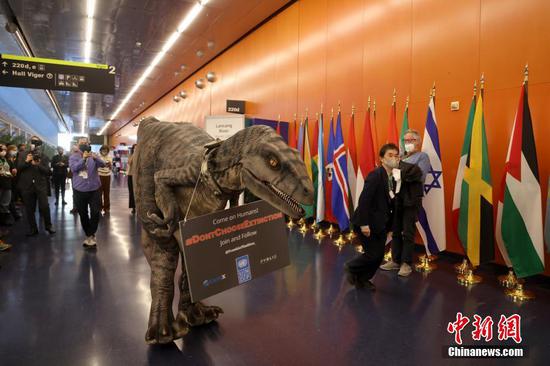
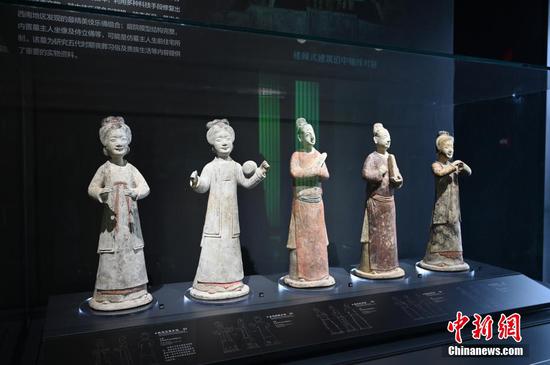
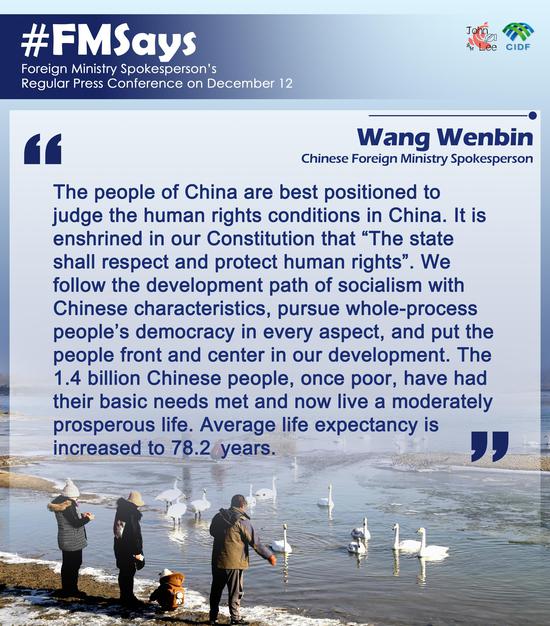
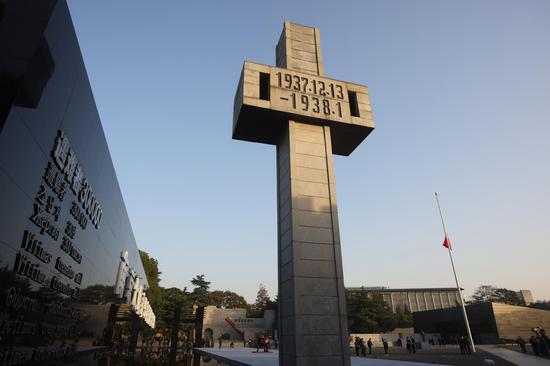

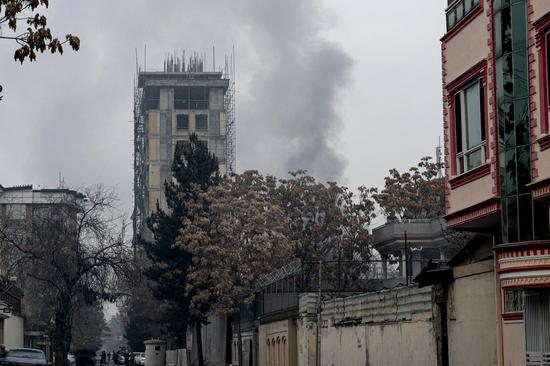




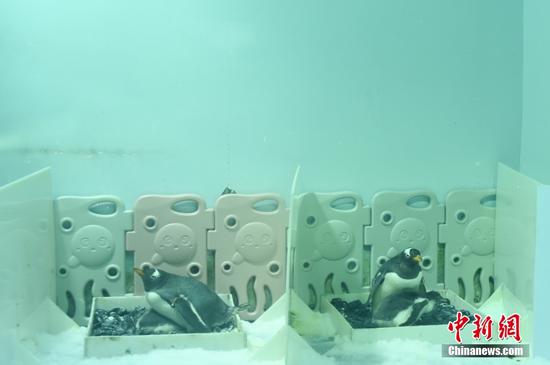


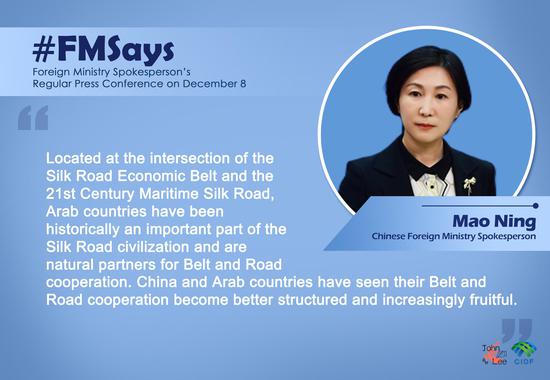

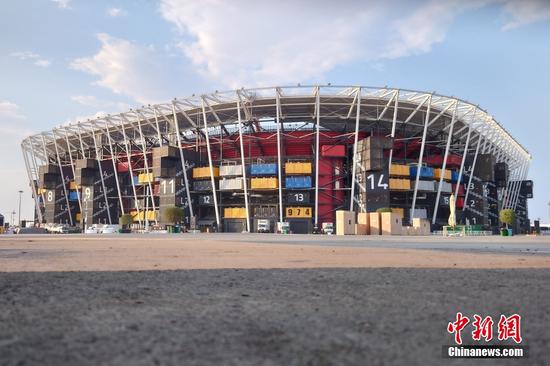











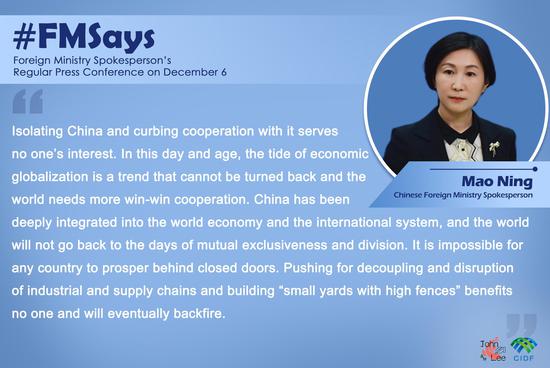
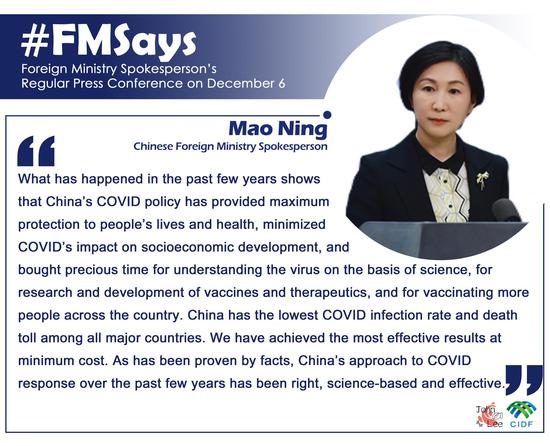

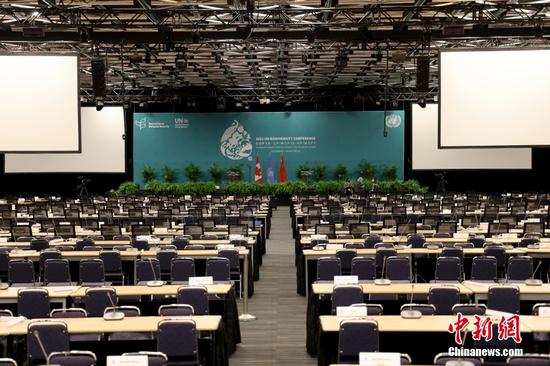










 京公网安备 11010202009201号
京公网安备 11010202009201号